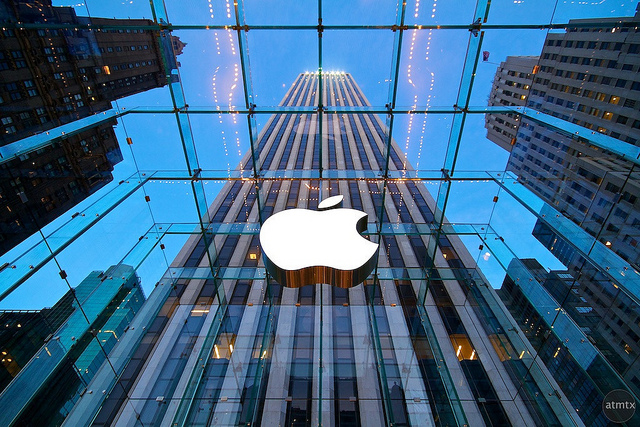 APPS
APPS
 APPS
APPS
 APPS
APPS
Apple Inc.’s current misery looks like it could be extended into the new year, as new reports say the company has asked its iPhone suppliers to cut production of new devices for the next three months by about 10 percent.
The report today from Nikkei Asian Review comes about a week after Apple Chief Executive Tim Cook shocked investors by saying the company was likely to miss its fiscal first-quarter revenue target by about $9 billion. Cook blamed the shortfall on lower-than-expected demand from China over the Christmas and New Year holiday period.
But Apple seems to think that it will continue to see lower demand for its products, if today’s report is to be believed. The company is said to have asked suppliers in late December to produce fewer iPhone XS, XS Max and XR devices than it had originally planned for its second quarter, which runs from January to March.
Nikkei said Apple has reduced its planned production for the period and will only ship about 40 million to 43 million devices, instead of the 47 million to 48 million units it had originally reckoned.
It seems likely that Apple has known about this for some time already. The company said during its last earnings call in November that it would stop reporting iPhone unit sales when it reports its first-quarter results. At the time, analyst Holger Mueller of Constellation Research Inc. told SiliconANGLE that decision to stop reporting iPhone sales would allow Apple to “hide potential issues” regarding its business. Apple’s decision was followed by a report later that month that said three key suppliers of iPhone components were warning of weakening demand.
Nikkei said Apple is likely preparing for a 20 percent decline in second-quarter iPhone sales from the same period in 2018, when it sold 52.21 million units. That appears to tally with estimates from research firm Canalys, which has forecast smartphone shipments in China to fall by 3 percent this year, according to Reuters.
Mueller said today that Apple’s current problems are a good example of what happens when a company fails to get the combination of innovation, features and price right. He added that Apple’s ability to string out the iPhone growth story as long as it did was both remarkable and a testament to the lock-in of its platform, which is helped by services such as iMessage, FaceTime and Music.
“User familiarity has always worked for Apple, but that also mean that users keep their phones around longer,” Mueller said. “This is the current challenge for Apple. If it wants to reverse the trend, it needs a feature-rich, compelling iPhone cycle in 2019 that also needs to be priced right.”
The decline in iPhone sales has forced the company to step up its services business, which pulled in record revenue of more than $10 billion in the last quarter. Speaking to CNBC Tuesday, Cook said the company was planning to announce “new services” later this year, without elaborating on what those might be.
Cook said in his letter to investors last week that Apple’s first-quarter services revenue is likely to top $10.8 billion, and that it’s on track to double this revenue from 2016 to 2020.
THANK YOU